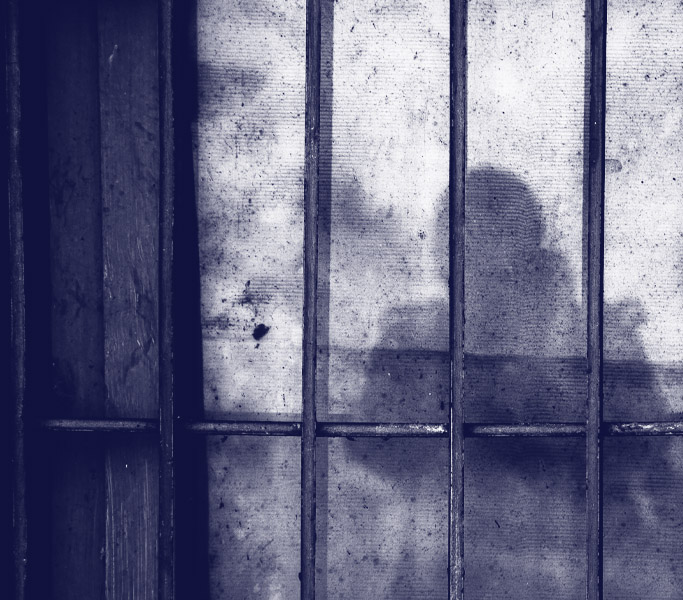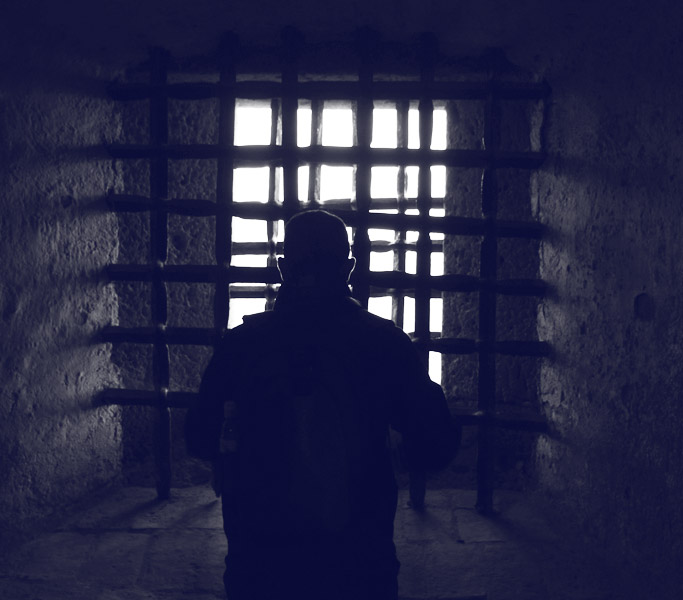Psychological torture
The Centre for Crime and Justice Studies published a report in 2022 which likened indeterminate sentences to psychological torture. This report echoes the conclusions of the UN Special Rapporteur for torture who said in 2020 ‘in order to be ‘lawful’, sanctions cannot be open-ended, indefinite or grossly excessive to their purpose, but must be clearly defined, circumscribed and proportionate.’
The UN Special Rapporteur stated in 2023, indeterminate sentences create “levels of pain or suffering beyond those inherent in or incidental to lawful sanctions’.
The impact of indeterminate sentences on people’s mental health is well documented. If people are imprisoned with no hope of release and opportunities to motivate them towards release then a deterioration in mental health is inevitable.
They have more to lose by accessing mental health support as they know it will negatively affect their opportunities for release.

Deep sense of injustice
We know that self-harm and suicide rates for indeterminate prisoners is far higher than in the general prison population. Scotland already has one of the highest prison mortality rates in Europe.
The knowledge that the IPP in England was abolished as unjust and in breach of Human Rights only serves to highlight to OLR prisoners the unfairness and injustice that the OLR still exists. This adds to their trauma.
People feeling this way are less likely to participate with the processes seen as necessary to secure release.
Prisons are overcrowded and threatening. Studies report that programmes designed to address offending, work better outside the prison environment. The deep sense of injustice and hopelessness means people don’t trust the system and those who work in it. The OLR has therefore created toxic conditions which make its goals almost unattainable.

Loss of trust in the
Justice System
We know there are disproportionately high numbers of neurodivergent individuals being given OLR’s. This was confirmed in September 2025 by the Scottish Human Rights Commission.
Is there something about the way neurodivergent people interact which biases the assessments and systems against them? Are the risk reduction programmes (when they are available) appropriately designed to meet their needs? We are seeking answers to these.
The OLR sentence causes damage to prisoners’ loved ones. They too suffer from the uncertainty and unfairness of the sentence. They feel helpless and hopeless. They worry about their loved ones losing hope. They feel a loss of trust in the Justice System and those who operate within it. The length of enforced separation can erode family bonds, vital for successful rehabilitation.

Arbitrary and Disproportionate
For the rare few who are released, even fewer rejoin their families and communities. They remain on parole: monitored for the rest of their lives and subject to unreasonable and unachievable restrictions. They can be recalled for the most minor infractions and the decision to recall can be arbitrary and disproportionate. The conditions they are subject to makes them vulnerable as others know they have a lot to lose. All this contributes to their mental distress, undermining their ability to reintegrate into their families and communities and move forward with their lives.
The IPP in England has made changes to post release monitoring, reducing it to 3 years, dependent on behaviour. Scotland’s OLR has no end date. We believe this is unfair and unjust.




